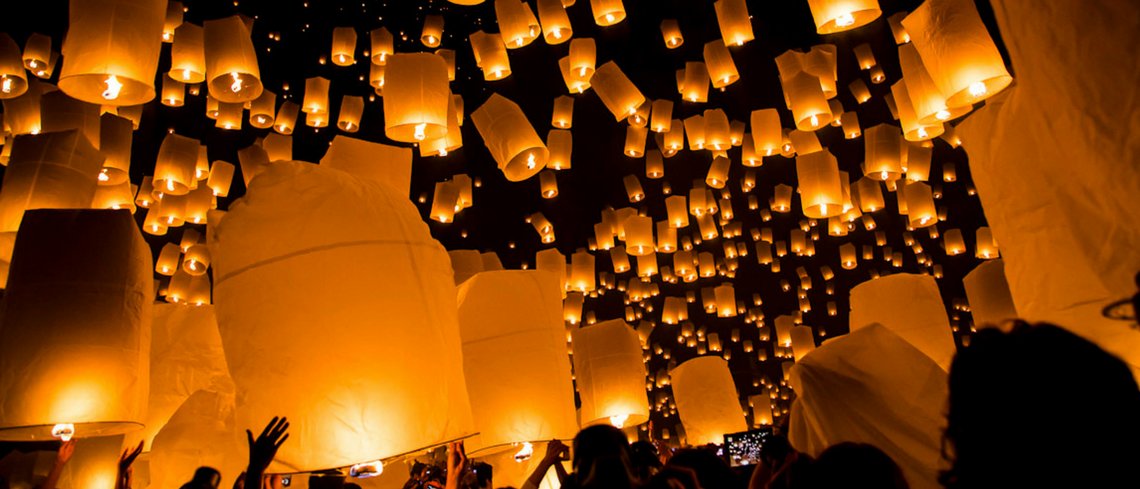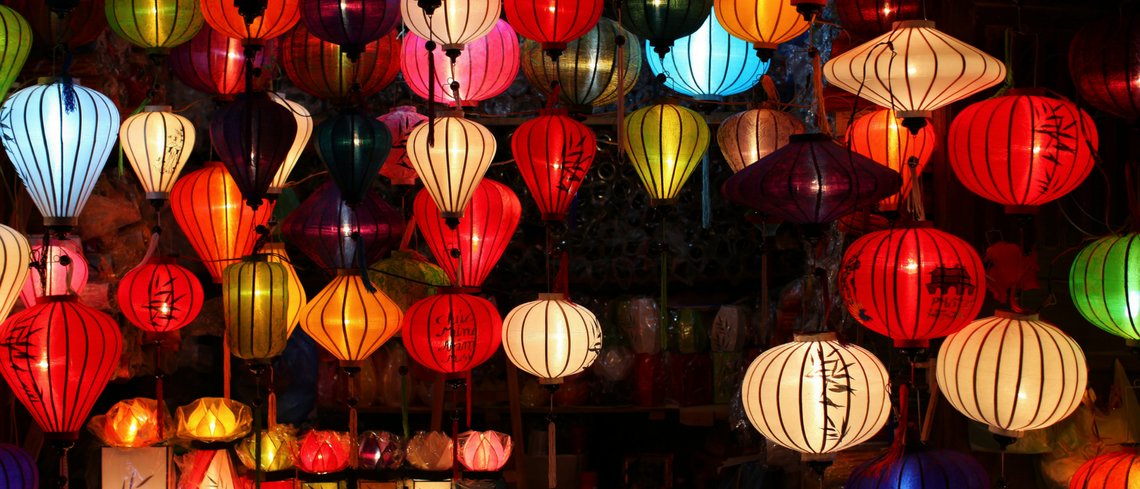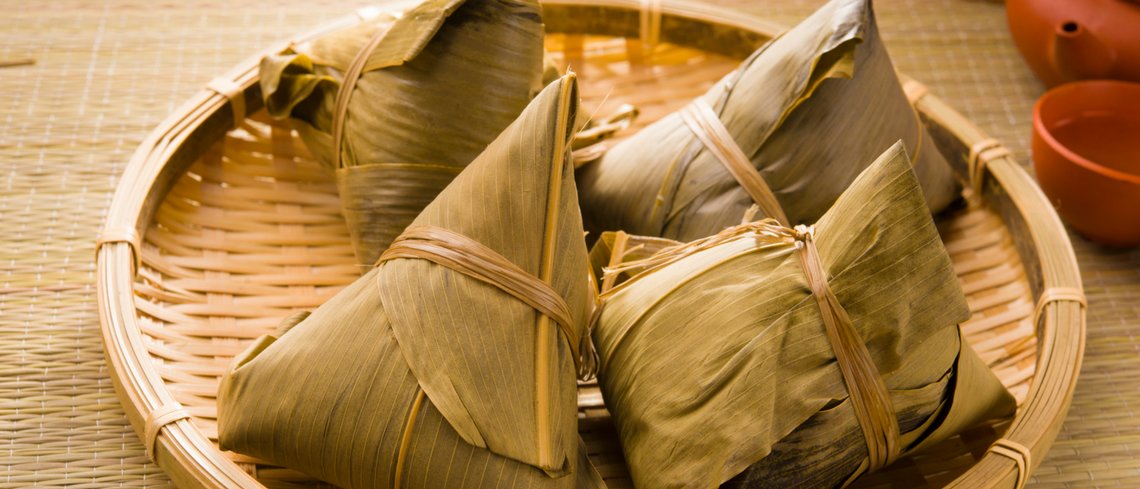Top Festivals in China
When a nation has been around for a long time, and especially one as deeply rooted in spiritualism and symbolism as China is, it is bound to have collected a number of reasons to celebrate through the ages.
China is the scene of numerous high days and holidays, most of them with their origins firmly rooted in the distant Han Dynasty (206-220BC), having kept their place on the Chinese events calendar by means of religious devotion, superstition and myth.
These Festival dates are closely related to and painstakingly calculated according to the Chinese calendar, the 24 solar terms and chronology, along with a good smattering of custom and tradition.
The mathematical complexities of how these festivals come about, although of great importance to the Chinese, are confusing to the average traveller in search of a good party; so we have cut through the fine print with our shortlist of occasions to see and be seen at on the Chinese calendar.
The Lantern Festival
In true Chinese festival-loving fashion, the end of the Chinese New Year celebrations are marked by yet another festival - the Lantern Festival, which takes place on the 15th day of the first lunar moon.
On this auspicious occasion, rice balls stuffed with delicious fillings are consumed in every household, and glowing lanterns, in celebration of the bright full moon, light up the night skies. Colourful folk dances and lantern riddles, once considered to require the valour of a tiger, are other charming aspects of the Lantern Festival.

The Qingming (Tomb Sweeping) Festival
The Qingming Festival, although held to commemorate the time for ploughing and sowing crops in the spring, also involves honouring the departed by sweeping out the tombs of close relatives, followed by a picnic, riding on swings and flying kites out in the countryside. These unusual activities are all part of the bonhomie, happiness and carefree symbolism of this festival.
Chinese New Year
New Year is a big event all over the world, but the Chinese take this celebration to a whole new height. Commencing on the first day of the Chinese Lunar Calendar (sometime between 21 January and 20 February), this is the mother of all festivals in China and continues for 15 days straight.
The ‘downside’ of this festival is the thorough spring cleaning involved at the outset, but this is soon followed by high celebration, red decorations, exchanging of monetary gifts, joyful parades, family reunions and firecrackers.
Although the general atmosphere throughout the festival is one of renewal and joyful good wishes for the future, Chinese New year was instigated to honour deities and ancestors. It is an uplifting time to celebrate with the Chinese in their homeland and all over the world.

Double Seven Festival
Held on the seventh day of the seventh lunar month, the Double Seven Festival is similar to our Valentine’s Day and is based on a Romeo and Juliet styled folk story involving Niu Lang and Zhi nu. Sadly for the starry-eyed romantics, this very traditional festival has fallen out of favour with modern Chinese women and is rarely celebrated these days.
Winter Solstice
The longest night in the Northern Hemisphere marks the upturn toward sunny summer days, which is reason enough for celebration in almost any country. However, the Chinese make it official by enjoying a feast of stuffed rice dumplings. These are symbolic of a medicinal dumpling given to fellow townsmen by a Zhang Zhongjing, sometime during the Eastern Han Dynasty to ward off the cold. As legend has it, these magical balls of rice cured the townsmen of chilblains in their ears, leading to the belief that if you don’t eat dumplings on Winter Solstice, your ears will freeze!

There are different traditions and customs for the solstice from North to South, but regardless of where you find yourself you can be assured that you will be served hot food to keep you warm.
A multinational country with many more legendary festivals to experience such as the Dragon Boat Festival, a Double Ninth Festival and even a Ghost Festival; when you visit China you can discover these and many more traditional Chinese Festivals by creating a tailor-made Chinese itinerary with your travel specialist when booking your trip to China.
If you are interested in exploring the culture of China give our experts a call at 020 7843 3531 to plan an itinerary that includes these experiences.
